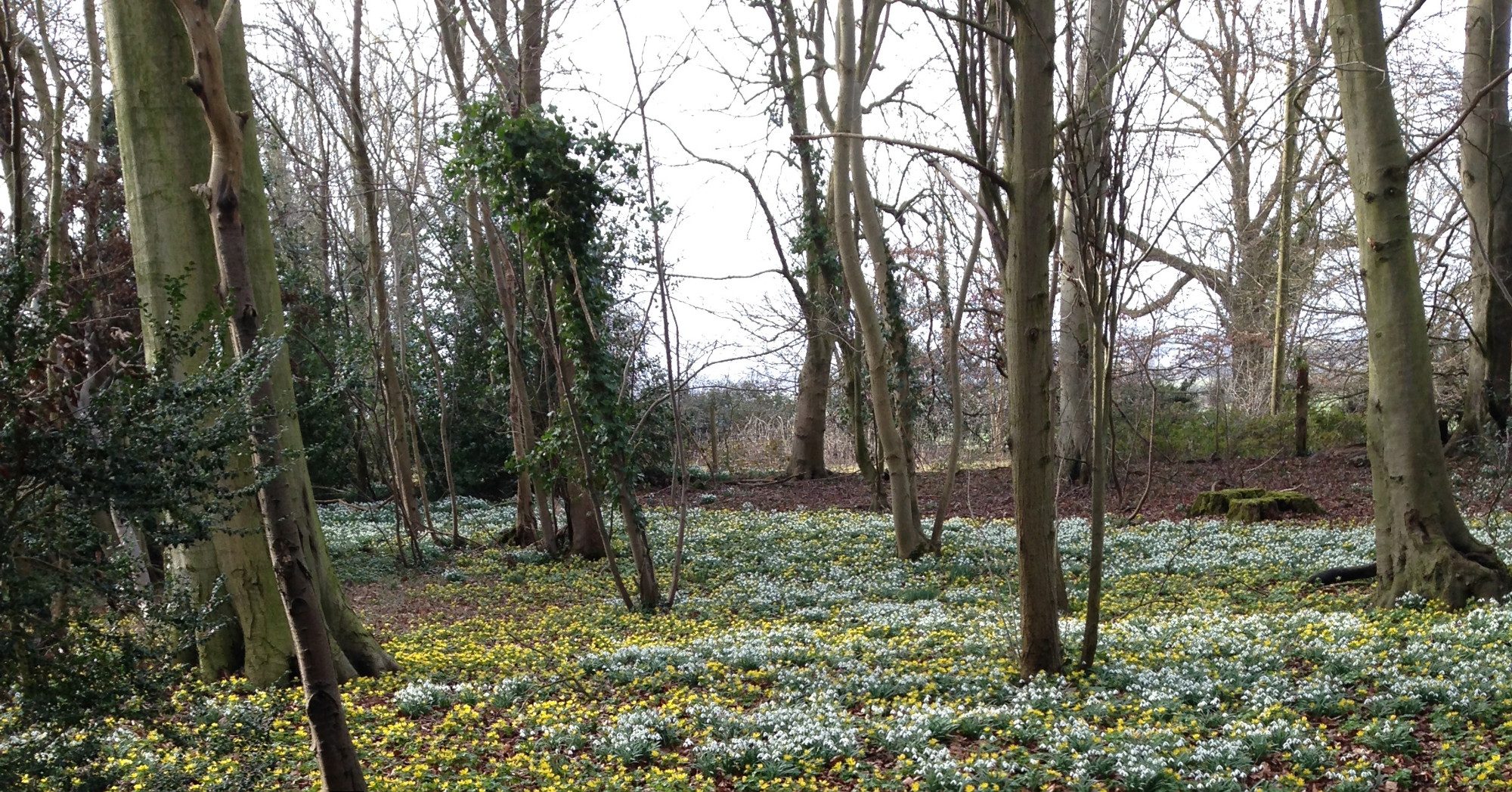Brian Milnes, District Councillor for Sawston, gave a most interesting talk about the Local Plan, explaining why it is important to everyone in the district.
Brian explained that the Local Plan sits within the National Planning Policy Framework in England, which covers housing, business, economic development, transport and the natural environment. The council is required through the local plan to identify its housing needs for the next five years, and identify sufficient sites to meet those needs (five year supply). If the council does not have an approved Local Plan with sufficient five year supply in place, it can lose control over where planning permission is granted, as the Secretary of State can intervene. This can mean building being approved in locations that the council would not have otherwise supported. National policy states there should be a presumption in favour of sustainable development. A new white paper called “Planning for the future” outlines ambitions of the Government for the construction of 300,000 new homes per year.
To complement The Local Plan, communities can also develop a Neighbourhood Plan and a Village Design Guide.
Cambridge City Council and South Cambridgeshire District Council are producing a joint Local Plan for the two areas – referred to as Greater Cambridge. The Local Plan takes a view of the next twenty years, but is updated every five years. It covers issues such as the Green Belt, utilities (such as water), infrastructure and transport. Work on the Greater Cambridge Local Plan started in Spring 2019 and is expected to be completed by Spring 2024.
Three growth projections for the area have been calculated, which generate the potential need for between 9,000 – 26,000 new homes to be built in the next five year period. The potential to meet these projected housing requirements are being assessed in eight strategic location options.
The Local Plan must ensure sustainable development so options are being evaluated against eight priority themes including Climate Change and Wellbeing and Social inclusion. Specialist independent reports have been commissioned to help evaluate the eight locations, such as the Integrated Water Management Study and Implications for Carbon Emissions study. Some of these studies have already been published and are available online.
There are multiple opportunities to be involved in the consultation processes whilst the plan is being developed. The next stage of consultation on the preferred options is due Summer/Autumn 2021.
For more information see these webinar presentation slides prepared last autumn.
(With thanks to Jane Chisholm)

